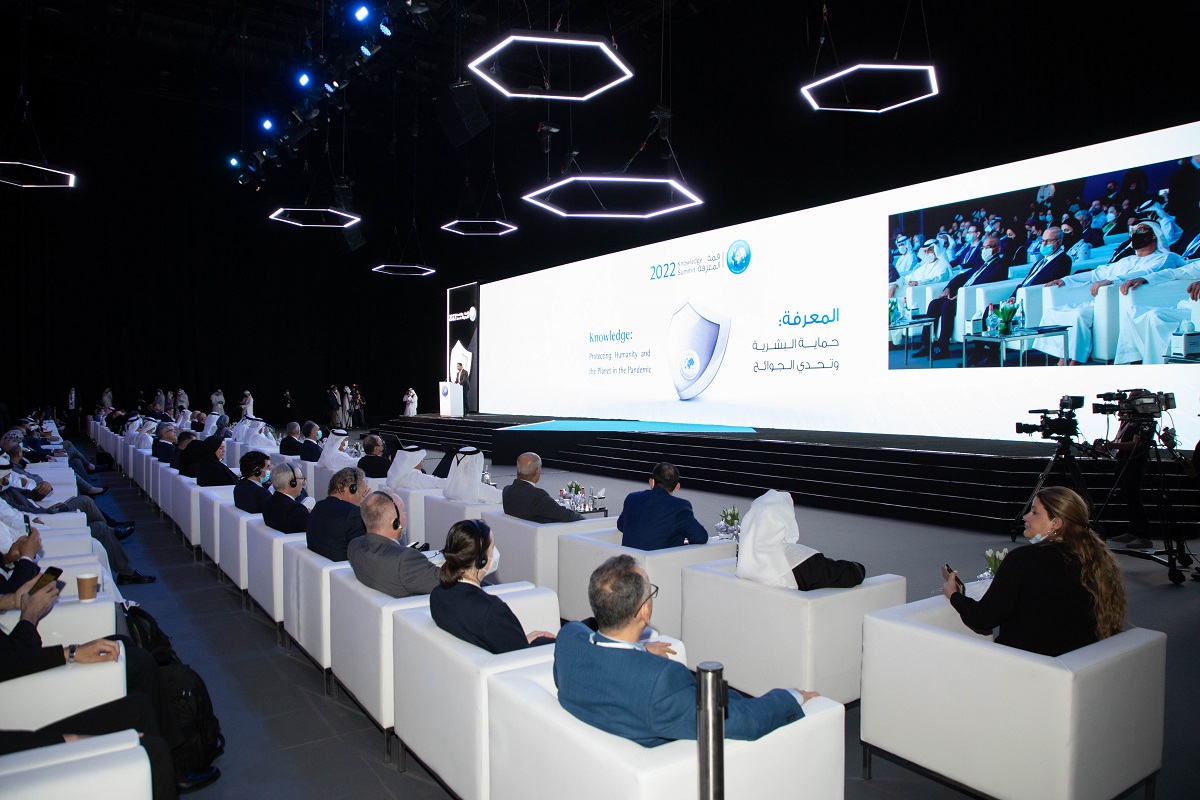Future of Knowledge Foresight Report outlines four recommendations to enhance readiness in the face of future challenges
Dubai, UAE, 10 June 2022 – ‘The Future of Knowledge: A Foresight Report’ released by the Mohammed Bin Rashid Al Maktoum Knowledge Foundation (MBRF) and the United Nations Development Program (UNDP), has outlined four recommendations for policy makers to support countries in developing their collaborative and innovative capabilities. These recommendations also serve as guidelines to executing deep structural repairs that address the current challenges and gaps in their development approach and aim to help achieve higher levels of readiness in the face of future challenges and risks.
The four recommendations seek to establish a national framework and implement it with the participation of several stakeholders to achieve the sustainable development goals, prioritizing skills as the most important component of human capital in the future. Furthermore, they focus on utilizing methods of planning scenarios along with foreseeing the future to identify solutions in the face of risks. A collaborative approach by stakeholders within and from among the countries is also deemed necessary.
The report indicates that the world is witnessing a critical transformation as a result of the Covid-19 pandemic and the recovery efforts, adding that this is the right time for countries to take steps and make bold transformative decisions, in order to recover and achieve sustainable and inclusive development as per the 2030 Agenda. The report also points out that the countries’ transformative capabilities are slowly improving, despite the worldwide disruptions caused by the pandemic.
Moreover, the report finds that developing countries’ transformative capabilities and the strengthening of their resilience call for a fundamental change in the way business is being conducted. Without this, all steps and procedures will be constrained and unable to invest the full capacity of the knowledge infrastructure, leaving countries and societies vulnerable to the severe negative effects of any future disturbances or challenges in the areas of health, environment, and technology. The report also reveals that risk mitigation depends mainly on government agencies and the private sector seeking to enhance the policy and legislative environment, as well as benefit from research, development, innovation, and science, in order to confront health, environmental and technological risks. Other areas such as education, technology and future skills should not be ignored either, especially when facing threats and risks. The report points out that the fields of education, technology and future skills have benefited from the post-pandemic transformation, as governments have increasingly directed their focus towards developing the skills of the workforce and preparing them to face future challenges when they arise.
In addition, the report emphasizes the need for more efforts to enhance transformative capabilities globally, as well as ensure that the countries work to develop their sustainable capabilities and integrate them into their systems to better face future challenges. It also recognizes that the planet is going through a crisis, and the world needs to reconsider its previous assumptions that change is impossible or too costly. Therefore, additional resources must be mobilized to develop the knowledge environment and skills system, which are seen as essential pillars to ensure the readiness of countries in the face of future risks.
MBRF and the UNDP released the third edition of ‘The Future of Knowledge: a Foresight Report’ in March, during the seventh edition of the Knowledge Summit, which was held at Expo 2020 Dubai. The report is a leading analytical study that reviews the future knowledge landscape and the differences between countries’ transformative capabilities, in relation to major global risks based on big data to provide new insights into countries’ readiness to face future risks, and support national leaders in ensuring it.








